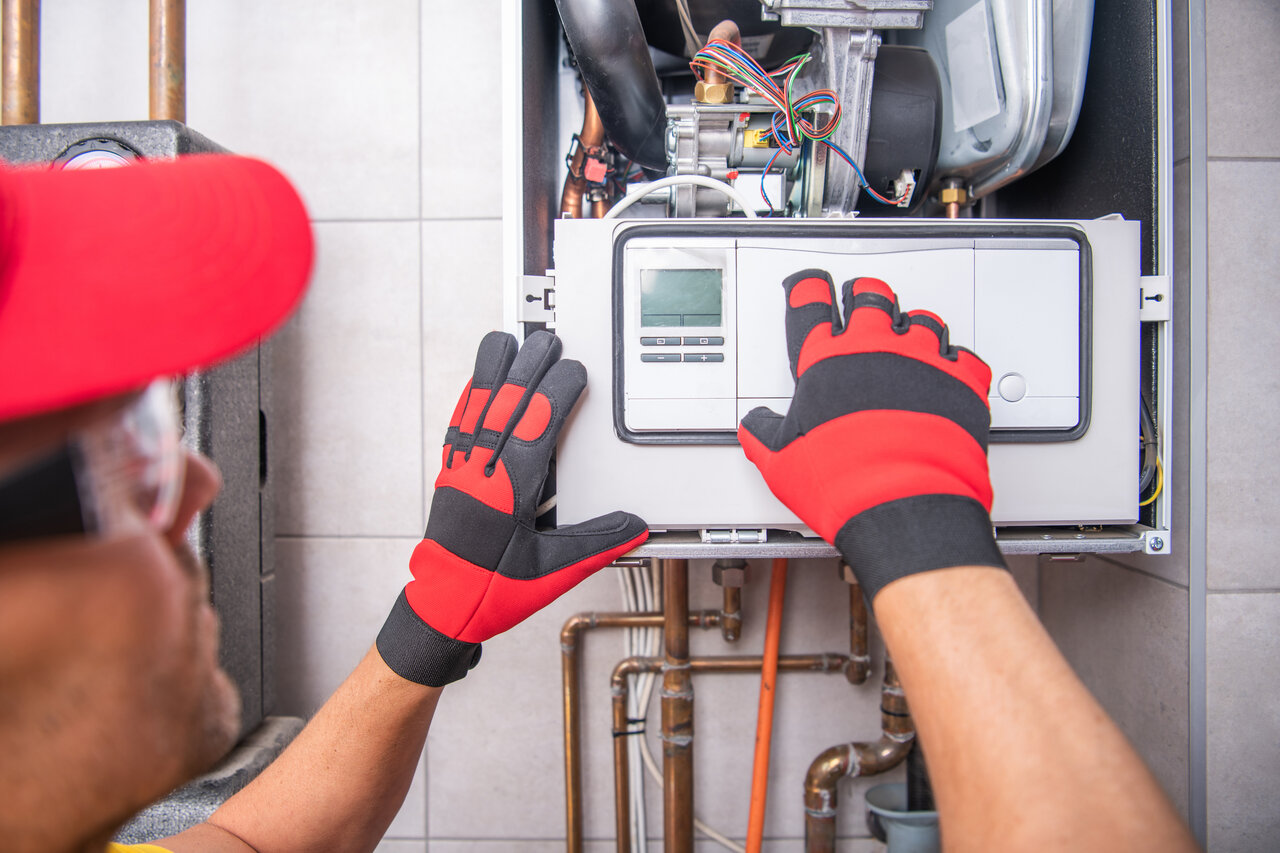Unless you live in a particularly comfortable climate, you probably use your air conditioner daily. It can be aggravating when your air conditioning unit isn’t working as it should. It’s difficult to diagnose problems with your air conditioner on your own.
The contactor is a common AC component that can malfunction during the hot months. In air conditioners, contactors are an essential component. An air conditioner that doesn’t cool your home enough can lead to hot and cold spots throughout the house.
Understanding An AC contractor
The contacts, the electromagnet, and the housing all make a contactor. Most of the time, a lower-power circuit controls a switched circuit. Various components of the air conditioning system receive information from an AC contactor, which acts as a transmitter of electrical energy.
Switching from one circuit to another is the primary function of this device. Your AC unit’s contactor voltage and load sides connect when you turn on the unit to cool or heat your home. Contactors shut down the AC unit when it reaches its predetermined temperature.
How To Tell If You Have A Failing Contractor?
Ensure you thoroughly inspect your HVAC system before contacting heating and air in Chico, CA. Check out this list of things to look for when inspecting a malfunctioning contractor.
Chattering Sound
The plunger may chatter when it’s pushed in with dirty or weak coils. You hear this noise when the plunger attempts to make contact but fails miserably. If the problem still happens after replacing the coil, you should call an HVAC technician immediately.
Problem Switching Off The Unit
To turn something off, you have to separate its electrical contacts. Hence, your AC will continue to run until the power is disconnected. AC that won’t turn on could have a problem with the contractor. The contacts may be permanently open with the dirt and dust that has built up over time.
Overheating
Contactor overheating and melting the casing can cause your AC not to turn off. To fix this, you need to turn off the machine and have an HVAC contractor in Paradise, CA, replace the part.
Humming Noise
A hum means the contractor is trying to operate, but the button can’t fully close to allow power to the machine. The coil hums, but the button isn’t pressed to make contact. Pushing the button restarts your AC. Humming indicates weak coils or filthy connections.
Contact the Best HVAC Technicians
To take better care of your AC unit, you need to know how its parts work and what can cause them to break. It also helps to know how to fix things when they go wrong. If you try to fix a problem and it doesn’t go away, it’s time to call in the pros.
We can help you replace a broken AC contactor at Feather River Aire Heating & Cooling and figure out what’s wrong with your air conditioner. We also have a line for AC emergencies open 24 hours a day, seven days a week. Feel free to call us at (530) 207-8695 if you need help right away or want to set up HVAC services in Live Oak.




